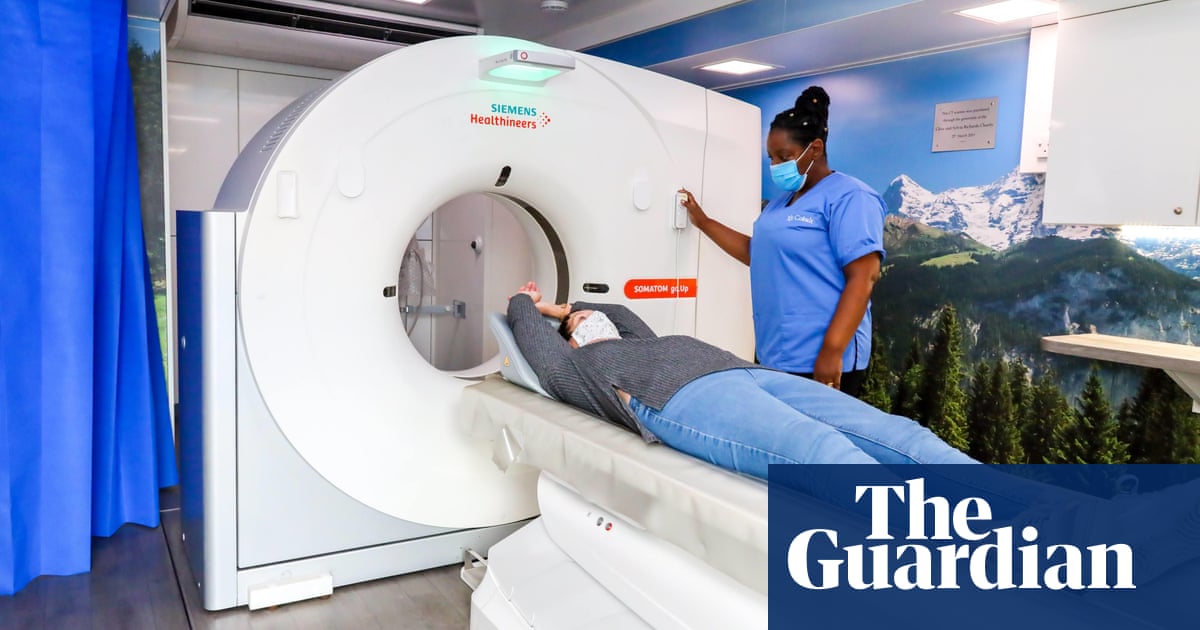
Growing numbers of adults and children in England are surviving for longer after being diagnosed with cancer, with increases in lifespan seen in almost all types of the disease.
Survival for one year and five years rose among adults diagnosed between 2015 and 2019 compared with those whose illness was identified between 2006 and 2010, NHS Digital reported.
Survival is highest in adults who have melanoma of the skin, one of the main forms of skin cancer. Nine out of 10 men now survive for five years, as do almost 95% of women.
However, survival remains stubbornly low for other forms of the disease, including pancreatic cancer and mesothelioma, which is mainly caused by prolonged exposure to asbestos. Just 6.3% of men and 7.8% of women who develop mesothelioma are still alive five years later.
NHS Digital found that “in England one-year non-standardised net survival has improved, with patients diagnosed between 2015 and 2019 having a higher one-year survival than patients diagnosed between 2006 and 2010.
“This trend was seen for all cancers and both genders except for bladder cancer. The largest improvement was 1.6 percentage points on average per year for lung cancer in females.”
Greater survival after five years “was seen for all cancers and both genders except for bladder cancer and colon cancer,” the NHS’s statistical arm added. “The largest improvement was myeloma in females, [which was up] 1.4 percentage points on average per year.”
Both increases were much bigger among children. In children up to the age of 14 who were diagnosed between 2002 and 2019, one-year survival rose from 90.7% in 2002 to 93.4% in 2019. Five-year survival went up even more over that period, from 77.8% to 85% – a rise of 7.2 percentage points.
The figures were compiled by the National Cancer Registration and Analysis Service.
About 375,400 people a year across the UK are diagnosed with cancer and about 166,533 die, according to statistics compiled by Cancer Research UK. Overall, 50% of people in England and Wales live for 10 years.
Experts say that improved cancer survival is mainly due to advances in treatment and greater public awareness leading to earlier diagnosis.
The NHS has run high-profile campaigns urging people with particular symptoms to see a doctor and more people now ask a GP to check out symptoms, such as a lump, bump or change in their general health, such as weight loss or onset of fatigue.
However, Anna Jewell, the chair of the Less Survivable Cancers Taskforce, warned that the chances of survival remained low for people with a number of some forms of the disease.
“Although overall cancer survival rates have generally increased in the past decades, we are not seeing the same improvements in prognosis for patients diagnosed with less survivable cancers, including those of the lung, liver, brain, oesophagus, pancreas and stomach.”












